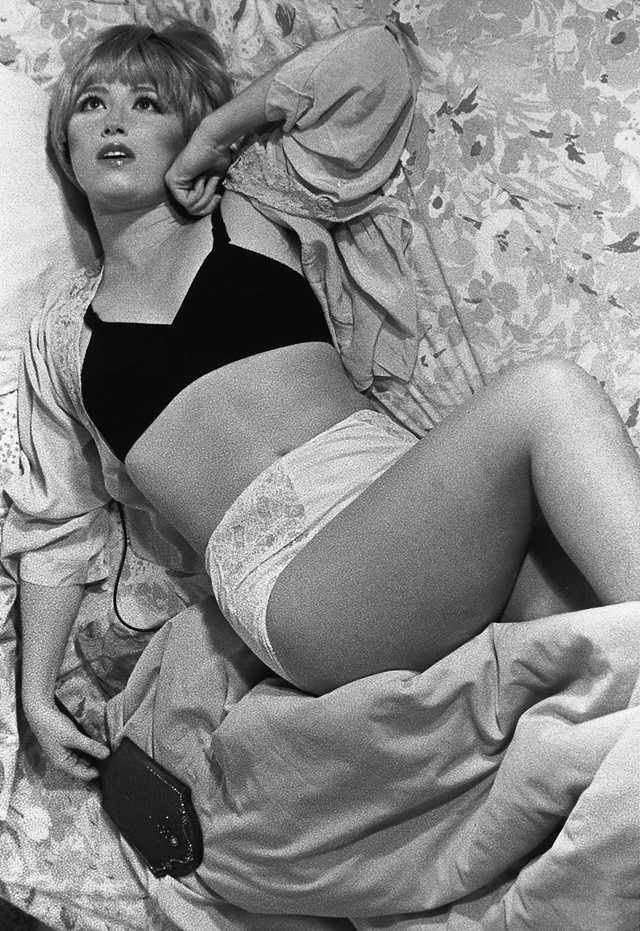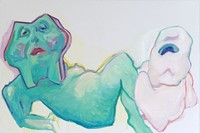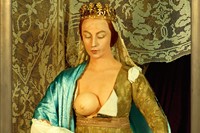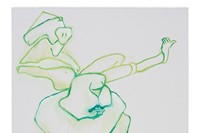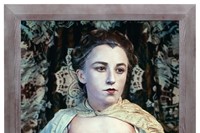A new exhibition at Hauser & Wirth St Moritz sees the artists’ work hung side-by-side for the very first time. Here, curator Peter Pakesch delves into this unlikely pairing
At first glance, it might seem that artists Cindy Sherman and Maria Lassnig have little in common. Though both are boundary-breaking artists in their own right, they are a generation apart, hail from opposite corners of the globe, and work in the historically rival mediums of photography and painting. Their artistic languages are very different, too: American shape-shifter Sherman has spent her career transforming herself into a thousand beautiful and bizarre characters, never bearing her true self, while Austrian painter Lassnig has explored her own identity deeply through her warping, abstracted figurative portraits. A new exhibition at Hauser & Wirth St Moritz, however, proves that the two have a lot more in common than we think.
Hanging Sherman and Lassnig’s work side-by-side for the very first time, the exhibition reveals the vital role that both artists have played in discourse around gender and identity in 20th and 21st century art. The show explores female identity through themes both Sherman and Lassnig have both grappled with in their careers: the mother, the body, the clown, and the couple.
“Strangely enough, there was once an exhibition in Berlin in 1983 at the Haus am Waldsee, where both artists were presented in two separate shows under the same title,” curator and chairman of the Maria Lassnig Foundation, Peter Pakesch, tells AnOther. “Its title was Selbstdarstellungen (Self-portrayals). These two independent shows united under the same name surprised me – an established artist like Lassnig in her sixties alongside a young artist like Sherman, who was just 28 at that point. Sherman would not have found the title adequate in relation to her works, which are not described as self-portraits, and in fact was not even aware of this show. Lassnig’s part was a touring show that had independent venues before and after.”
“From today’s point of view, this was a significant encounter,” continues Pakesch. “It led to my interest in the exhibition in St Moritz, and I began thinking about how both artists are major figures of art in the last few decades, and how both contributed largely to the complex questions of female identity and the human self in a more general way.”
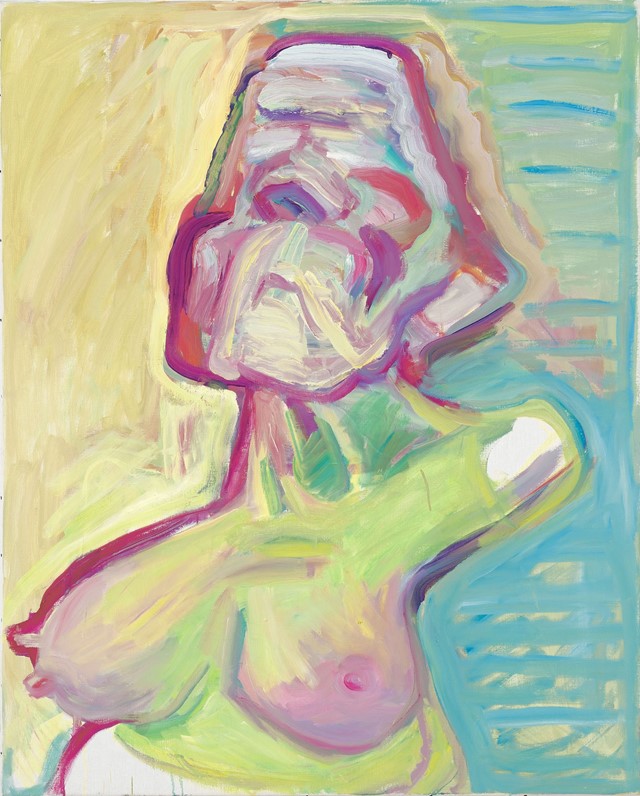
These thematic parallels are felt strongly in the show. As are, surprisingly – given the contrasting mediums of canvas and camera – a series of striking visual similarities. In the mother section, both present an unsettling image of motherhood which riffs on historical archetypes. Lassnig’s eerie painting Hurra – ein Junge! (Hooray, It’s a Boy!) (ca. 2008) imagines the artist as a reclining, Sphinx-like figure with a baby-like form reminiscent of a cyclops between her legs. Opposite, Sherman’s satirical Untitled (1989), from her series of History portraits, sees the artist holding a baby in Renaissance dress, a wig, make-up, and prosthetic breasts.
In another section, both artists use wry humour to comment on the oversexualised female body. Lassnig’s busty self-portrait Traum vom Idealbusen (Dream of the Ideal Bosom) (1996-1997) reveals an inner fantasy formed by external beauty standards, while Sherman’s Untitled (1988) from her History portraits deals with the fetishised body within a cultural context. Perhaps most striking of all are the visual similarities in two works at the shows conclusion, where Lassnig’s writhing, fragmented Frau und Mann (Woman and Man) (2007) rhymes perfectly with Sherman’s Broken Dolls series.
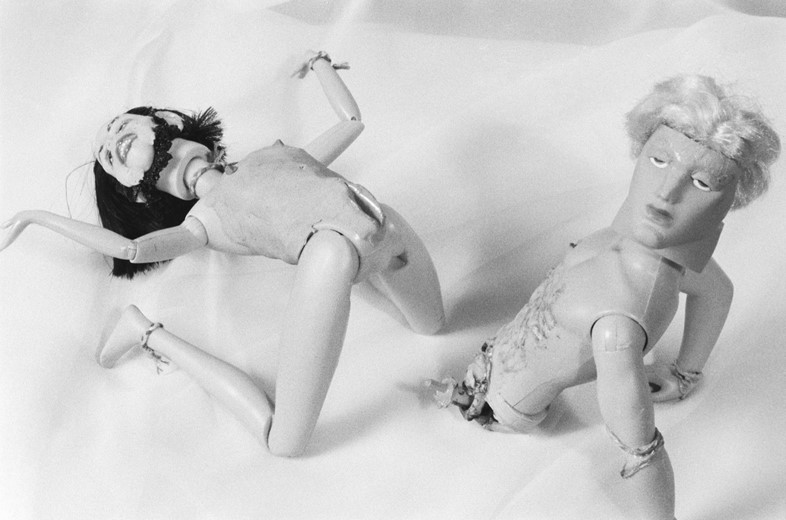
“They come from very different approaches and meet surprisingly often,” Pakesch says. “Of course, it’s political as all good art is. Lassnig’s issues of body awareness and the way that both artists questioned identity prove to be more and more relevant.”
Maria Lassnig & Cindy Sherman is at Hauser & Wirth St Moritz from 9 December 2021 – 5 February 2022.
